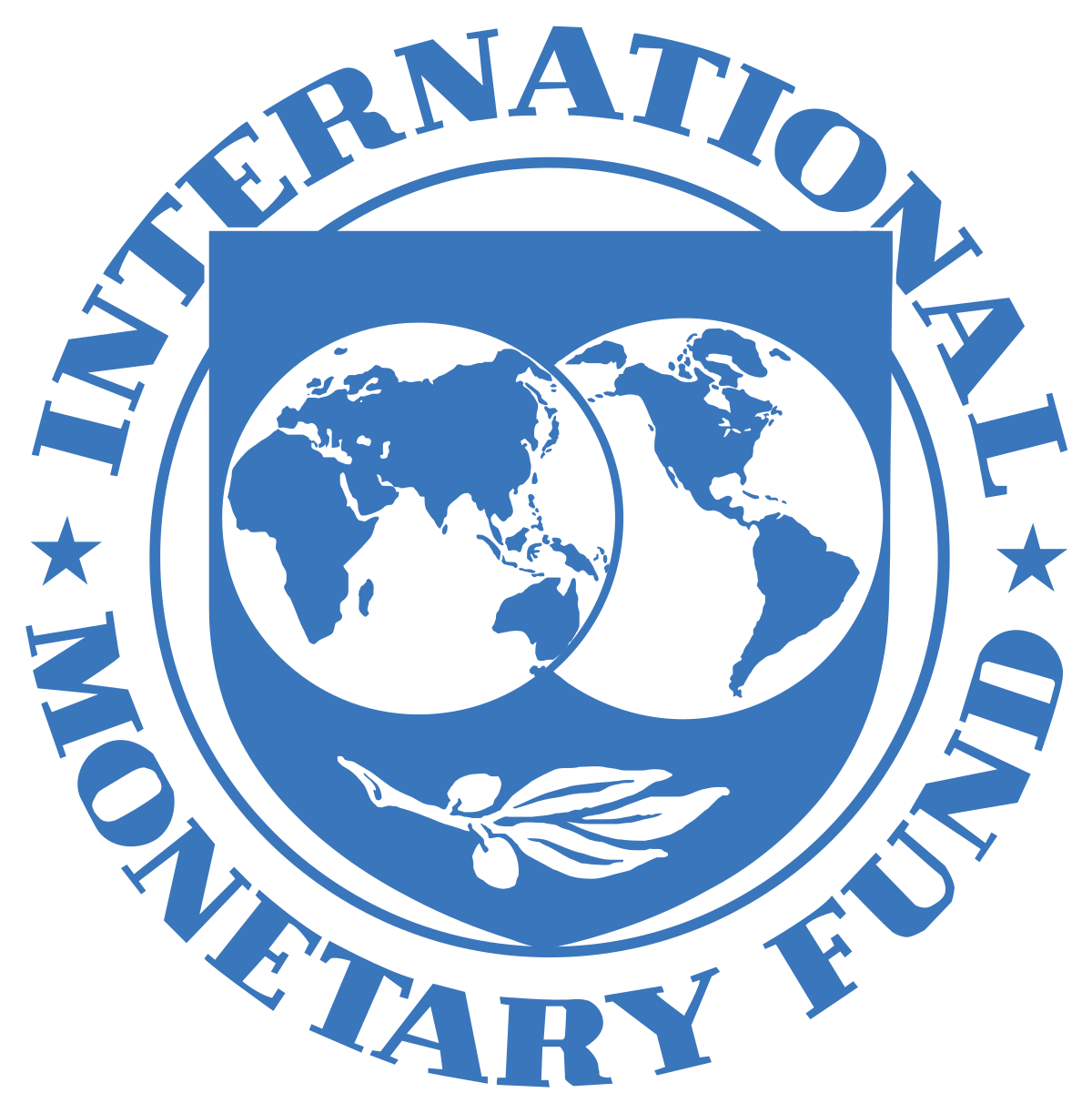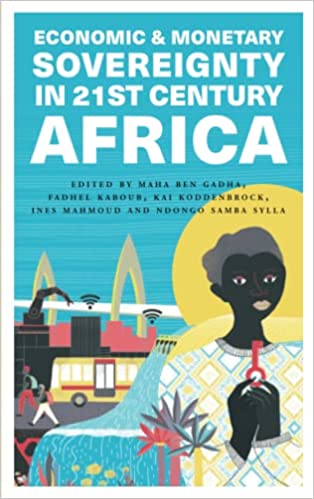Africa’s year 2021 was perplexing, horrendous, dramatic but also inspirational. It can be summed in the “two-ness” of the sojourn of American Black folks as expressed in W.E.B. Du Bois’ inspirational writing about Black lives and how they matter, published in 1903, in “The Souls Of Black Folk”:

“An American, a Negro; two souls, two unreconciled strivings; two warring ideals in one dark body, whose dogged strength alone keeps it from being torn asunder.”
Though Africa continues to suffer the illiberalism of American style democracy and is bent toward the seemingly never ending retooling of a European neocolonial past, “the substance of things hoped for,” with much trial and tribulation always reigns supreme.
I’ll begin where I have some personal insight with the December announcement of Senegalese economist and Pan Africanist Dr. Ndongo Sylla’s soon to be released new book, “Economic and Monetary Sovereignty in 21st Century Africa.”
“Over forty years after the formal end of colonialism, suffocating ties to Western financial systems continue to prevent African countries from achieving any meaningful monetary sovereignty,” wrote Dr. Sylla.
The substance of this treatise, defined as a diverse collection of how African societies are resisting financial dependency and colonial legacies, uses a comparative multi-disciplinary approach. Included in this collection of essays are what went wrong after Pan-African approaches that defined the early stages of independence, and how most African economies fell into the firm grip of the IMF, World Bank, and the EU’s strict neoliberal policies.
This collection may be one of the first to offer a wide-ranging, comparative and historical look at how African societies have attempted to increase their policy influence and move beyond neoliberal orthodoxy and U.S.-dollar dependency.
Expressed visually and symbolically, from the Akan tribe of Ghana, the mythical Sankofa bird, with its feet planted firmly and forward with its head turned rear, serves as a guide for surveying Africa’s past in order to plan the future.
Africa with a majority youth population, 60 percent of its 1.3 billion people under the age of 25, has increasingly shown the world what resiliency is all about.

Two years ago, an uprising sprang from the streets of Sudan, which appeared as spontaneous protest, and blossomed into a massive peaceful uprising that used art to help capture and inspire this moment in time.
Though the uprising was peaceful it suffered nearly 1,000 casualties with nearly 200 dead, resulting from the intervention of General Mohamed Hamdan Dagalos’ (also known as Hemedti) dreaded Rapid Support Force (RSF), who on Nov. 21 was reinstated by General Abdul Fattah al-Burhan as the deputy head of the governing Sovereign Council.
Fast forward to 2021 and we see history coming full circle as Sudan’s majority youth population, including this writer’s Sudanese wife, responded after the October 25 military coup with no less than 10 national anti-coup, pro-democracy protest marches. Each demonstration included tens of thousands of participants. Such increasing momentum by majority Black Muslim participants in such growing numbers was a rare and remarkable event.
Yet those who fail to learn the lessons of history are doomed to repeat them.
The BBC ran a headline: “Are military takeovers on the rise in Africa?” Power grabs or unconstitutional military takeovers or coup d’états appear on the rise. Once used surreptitiously, like in the case of France to unseat heads of African states wanting to control the economics as well as the politics of their countries, these actions are now open.
According to the New York Times former Africa correspondent Howard K. French, “Since its 1964 intervention in Gabon, France has intervened militarily on the continent every other year on average. Paris has repeatedly sent troops into action in Chad, flown in paratroopers to rescue French and Belgian nationals in Zaire and help put down an insurrection there, and used its forces to replace political leaders in the Central African Republic.”
This year after the untimely death of Chadian leader and longtime France patron Idriss Deby, the army installed his son as interim president leading to transitional military council. The opposition rightly called it a “dynastic coup.”
Maybe the democratic gains without economic security, and the increasing wealth gains of military regimes like Egypt and Sudan, and their Middle Eastern, European and U.S. influences are the main culprits. Note: Egyptian President Abdel Fattah Al-Sisi began his rise to power in 2013 via military coup of a legitimately elected democratic government.
One thing for sure, “These coups are threatening to overturn the democratic gains African countries have made in recent decades. Simply by demonstrating how easily power can be wrested by brandishing a gun and undermining the constitution, these coups are wearing existing political institutions, encouraging political violence, and increasing the prospects of civil wars,” reported orfonline.org.
Hemedti, with his $5 million investment in a lobbying firm led by former Israeli intelligence operative Ari Ben-Menase and the general’s recent threat to flood Europe with refuges if the EU doesn’t support the current Sudanese military led government, is a nuanced taste of what’s in store for 2022.
If the momentum of demonstrations continues and a strong governing collective materializes maybe hope reigns supreme.
Follow @jehronmuhammad on Twitter.













